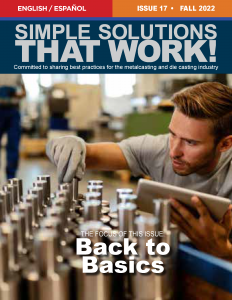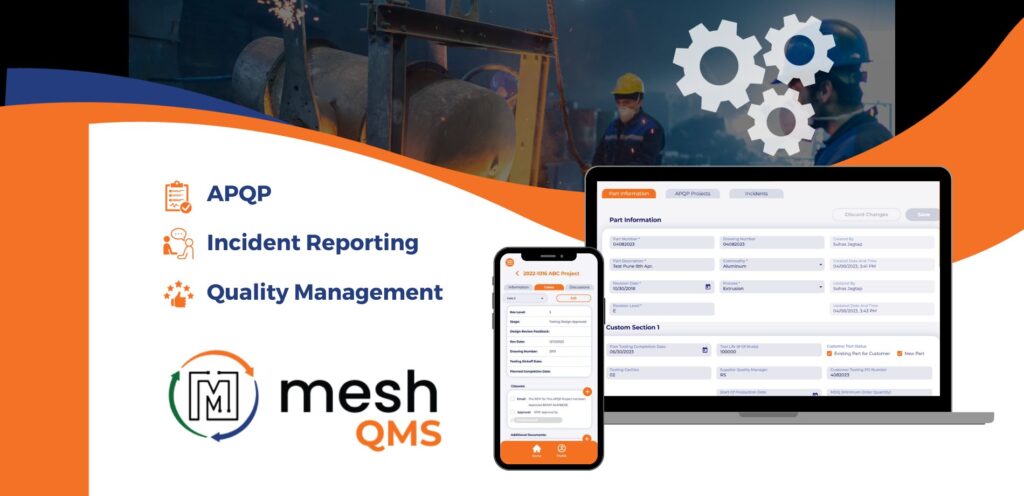When automotive foundries are awarded projects, they start with Design for Manufacturing (DFM) activities. It’s followed by the kickoff of tooling and patterns. As the project moves forward through tooling fabrication, suppliers normally have various team members in process engineering, tooling engineering, sales, project management, quality engineering, and supply chain. These different faculties participate in Advanced Product Quality Planning (APQP) for varying reasons.
Suppliers prepare Design Failure Mode and Effect Analysis (DFMEA) and Process Failure Mode and Effects Analysis (PFMEA) forms along with control plan forms, dimensional inspection reports, and other forms as needed. When engineering revision changes (which happens frequently!), then all the participants must change their respective forms. As we all know, it\’s difficult to ensure that all forms are changed correctly, as too often traditional Excel documents for each of APQP forms are developed, maintained, and updated using cumbersome document management systems. Often documents are stored on individual computers with manufacturing, sales, and other team members lacking access to it.
During audits, it’s not unusual for companies to use this method to find costly variances—from team members using wrong design revision levels and drawing numbers, etc. Not using the correct revision or drawing results in poor quality, longer lead times, and an overall increase in waste and cost.
APQP and Quality Management Systems (QMS)
There are a number of new software tools recently introduced for better APQP and quality management systems. Best-in-class software allows companies to configure 3, 4, or 5 gates. Each gate is customized for each individual company. Each gate can allow specific APQP and project management company tasks or milestones along with the responsible team member. Whether the company has divisions across the world or one small plant, configurable APQP software allows the roles of team members to be assigned at various milestones and gates of the project.
Best-in-class software also has predesigned standard forms for DFMEA, PFMEA, Control Forms, PPAP, and other standard forms. These configurable forms allow quick updates to any of these documents, as changes inevitably happen during the project timeline. They also retain old copies of the forms and are easily accessible not only during the project timeline but also during the entire product lifetime till obsolescence and service life.
QMS software also allows reporting of any and all quality issues during development and production using simple phone-based apps. Quality problems can be escalated higher up the management order or to other departments quickly and in real-time using these apps, allowing team members to know, react, contribute, and manage quality spills properly.
While APQP management and production quality reporting have progressed very little over the last 30 years – this new class of software tools is allowing team members around the world to work collaboratively and in real-time to maintain intellectual property documents, project documents, improve project lead times, and allow flawless launches which OEMs and customers expect.

Sahil Shah is the President & CEO of MESH Works, Inc.


Republished from Simple Solutions That Work, Issue 17, Fall 2022




